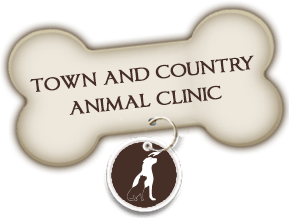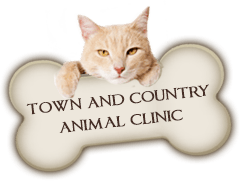
January: A Month To Celebrate Seniors!
January is our month to Celebrate Seniors! Through preventative medicine our goal is to help your pet live a longer, healthier life starting at 7 years old. This is great start to our “Longer Life” wellness program because together we can help your best friend be with you as long as possible. You know your pet better than anyone else and you can alert us to any changes in your pet before they become serious. … Read More





